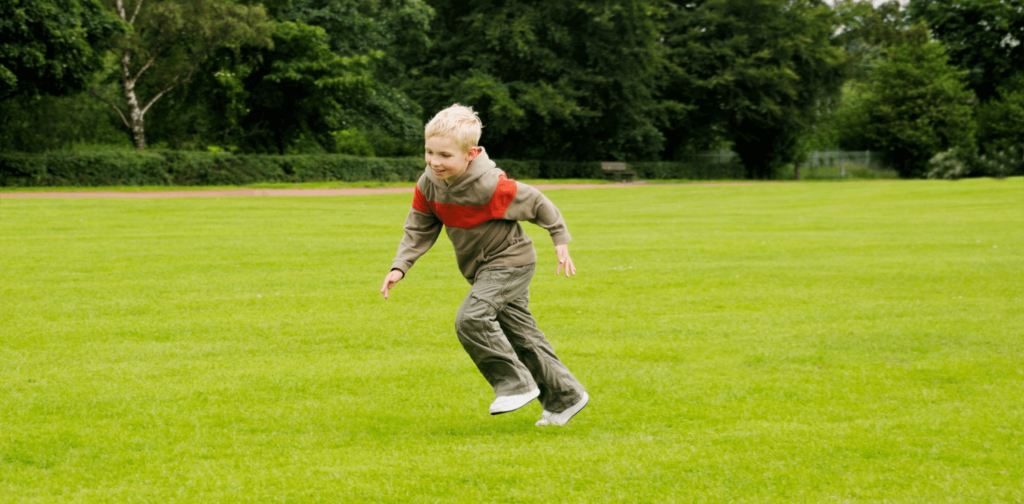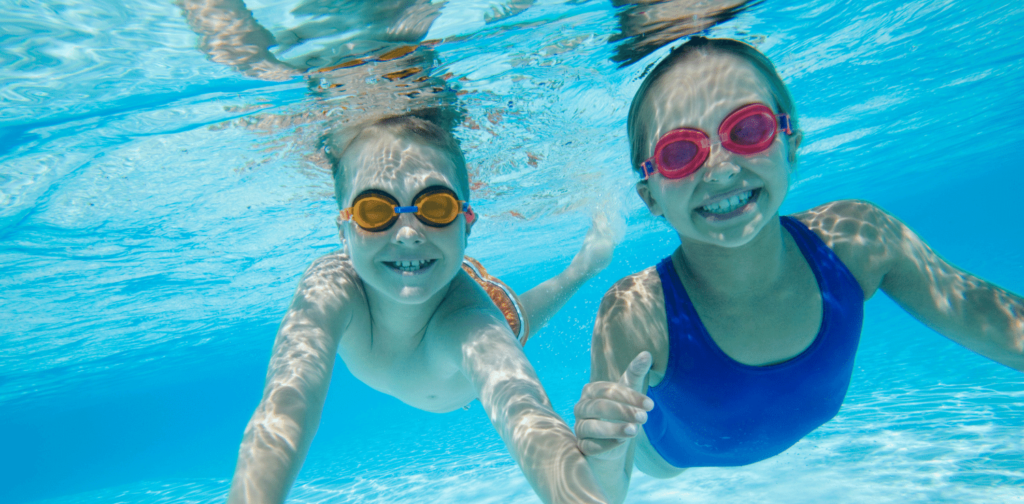Since choosing a great extracurricular activity can sometimes be an overwhelming task, I have put together “The 5 C’s” that can help your child with autism succeed in a sports program.

1. Communication
It is important that your child’s interest, abilities, and strengths are considered when choosing the sport. As a parent, one can only want what is best for their child. A suggestion would be to try to communicate clearly with your child by setting realistic expectations to try and really understand their perspective. Choosing a sport that will allow your child to successfully participate and excel in might help alleviate the anxiety of trying something new and promote independence and self-confidence. For example, does your child love animals? Maybe horseback riding would be an appropriate choice. Transparency in getting your child to communicate his or her desires is a great start to finding the right sport for your child.
2. Consideration
Does your child have sensory sensitivity? If your child is sensitive to loud noises, then a sport with irregular whistling, such as volleyball, might not be ideal. If your child has an aversion to fresh cut grass then baseball might not be the best choice. It is important to consider the environment of each sport for the purposes of avoiding extra challenges that might prevent your child from successfully participating and enjoying the activity. After all, playing a sport should be a fun experience–not a stressful one. If you are unsure, try going with your child to watch the sport before making a commitment.
3. Cooperation
The ability to cooperate with others is key for a child’s success. Parents should make a concerted effort to demonstrate this cooperation by partnering with coaches or instructors to get the the best possible experience for their child. At first, your child might not be able to do everything the other children can do. Working on too many points of detail at once, or spending too much time on a task, may be overwhelming and cause frustration. Talk to the coaches or instructors to see if skills and activities can broken-down into smaller, more manageable sections, so your child can feel successful each time. If it seems your child is frustrated or fatigued, (if possible) have the coach allow for a short break and go with the child’s pace. In the early stages of playing a sport, it is important to foster your child’s love for the game.

4. Connection
If you want to go fast then go alone, but if you want to go far then go together. This African Proverb is great example of how connecting with other parents who are experiencing the same difficulties can be a great resource. Asking them about their experiences is a nice way to connect and have a dialogue for pressing questions that you may have for purposes of improving your child’s chances of succeeding in sports.
5. Compassion
If initially it seems that your child has been making little progress, it is important to be positive and provide encouragement. Going the extra mile to help your child whenever possible and being compassionate is a must. Whether that is spending the time at home to practice their skill or just being there for your child with relentless support will really make a difference. In short, sports matter for a lot of people. Children with autism should not be robbed of the happiness and enjoyment that sports can bring in life.



